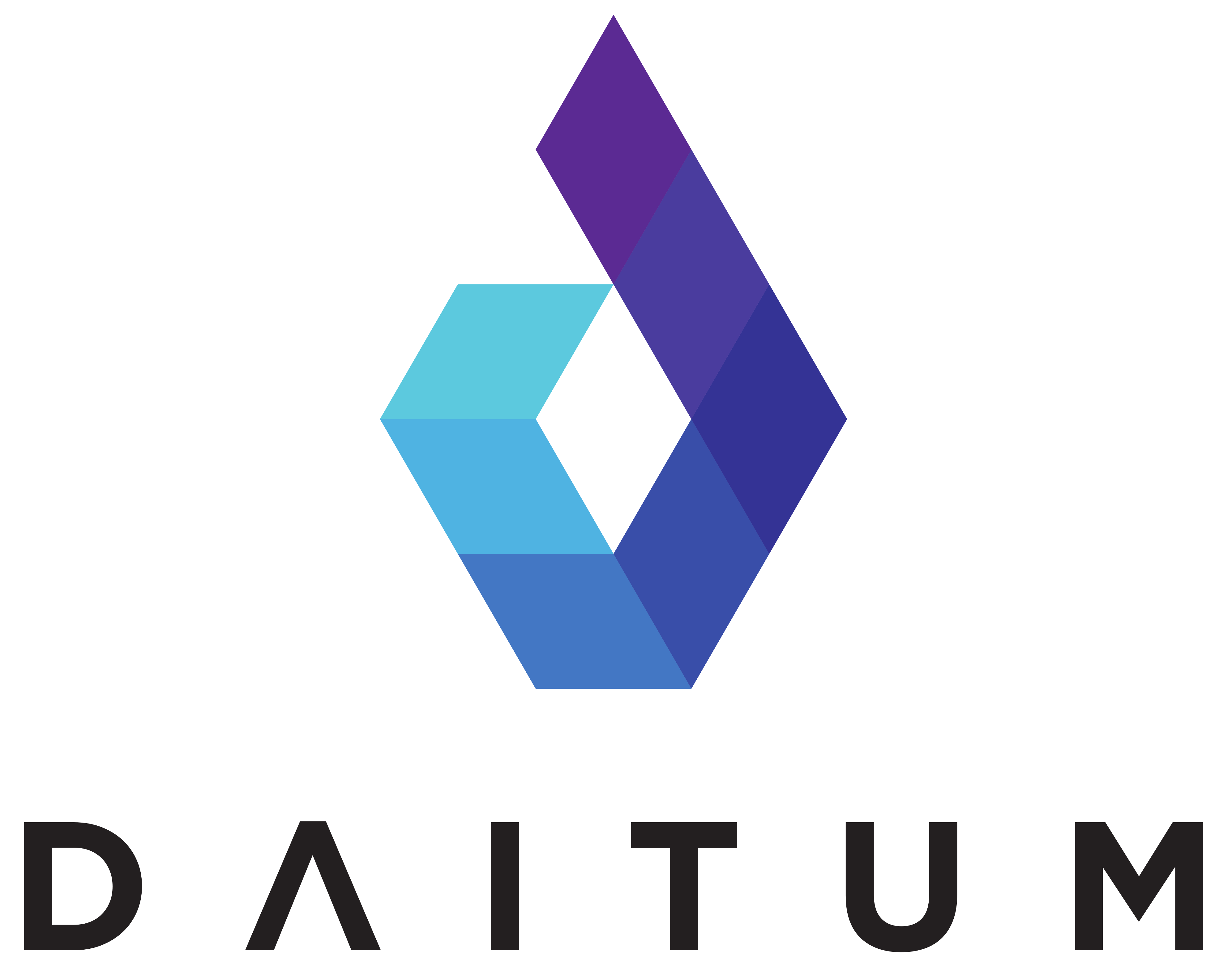After lengthy pause educator wage negotiation news picks up again.
After a nearly three month pause in news flow, the Independent Education Union of Australia (IEU) has confirmed that wage negotiations focused on increasing educator pay and conditions are ongoing and progress has been “encouraging.”
The most recent meeting took place in late February and marks the latest instalment in a lengthy, and important, series of gatherings that began when the Fair Work Commission approved an “enterprise bargaining” application lodged in June 2023.
In attendance were a group of employer and employee representatives, as well as members of the Federal Government, who are all focused on reaching an agreement on a step change in wages for educators and how the increase could be funded, in much the same way as occurred in the Aged Care Sector in 2021.
“We were encouraged by the discussions and significant progress was made on the Commonwealth’s contribution towards a wage increase,” the IEU noted in a statement, which also indicated that the Commonwealth has committed to “continue engaging collaboratively with parties.”
Wage increases will transform workforce landscape
With so many parties working hard to make a fair wage for educators a reality, the likely impact on the sector of a step change higher will be transformative.
Newly qualified Certificate III educators currently receive just $26.18 per hour under their Award agreements. Should a fifteen, or even a twenty five percent increase be agreed, a career in early education will become far more appealing for a large swathe of potential employees.
The workforce pressures experienced over the last two years should then recede and in their place approved providers should be faced with growing choice, fully staffed teams and potential rising costs.
Against that backdrop it will be essential that management practices are as efficient as possible, with those providers using roster optimisation software solutions within their services best positioned to weather the changes.
Roster optimisation solutions to play a more central role in management decisions
Daitum’s Rostering for Childcare software provides the perfect solution to support leaders to manage their rosters in the most efficient way possible.
Based on cutting edge artificial intelligence (AI) Daitum’s solutions use technology to automatically produce the highest-quality staff rosters at the press of a button.
“By harnessing the power of state-of-the-art algorithms that run seamlessly in the background, Daitum is able to intelligently consider millions of different roster combinations – far more than any human ever could, and in doing so, deliver a truly optimised roster,” Dr. Philipp Rohlfshagen, Daitum’s CEO said.
With the power to identify the most efficient roster comes the power to make better rostering decisions that not only save time, but money too.
As the outlook for educator wages improves in the weeks ahead, staying one step ahead of the changes by deploying roster optimisation “smarts” will serve to place proactive early learning providers in a relatively strong position.
To learn more about how the Daitum team currently supports the ECEC sector to manage rostering quickly, easily and efficiently, contact Theo Noel on theo.noel@daitum.com, or click here for more information.
Click here to learn how leading childcare centres across Australia are using AI to optimise their rosters and drive growth and efficiency.
Read how Futuro is saving more than 10 hours a week on rostering, eliminating overstaffing and avoiding unnecessary wage expenses. Click here to access the Case Study
Read how Guardian Childcare is achieving 8% fewer hours rostered a week, having fully compliant rosters and saving up to 4-12 hr per week rostering. Click here to access the Case Study

